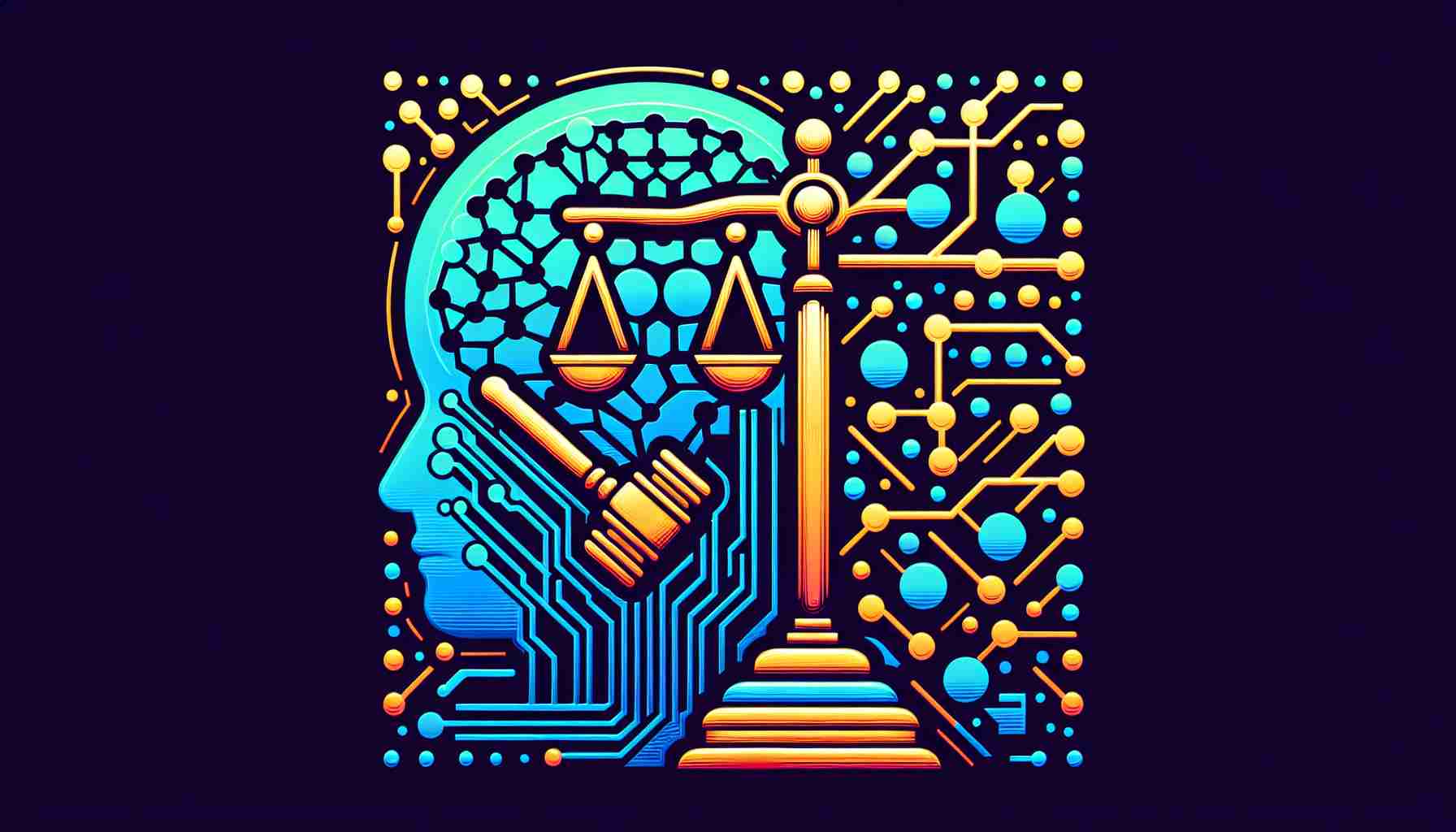Apple Advocates for Ethical AI Training Amid Copyright Concerns
In the swiftly evolving landscape of artificial intelligence, questions surrounding the legality and ethics of AI training are increasingly prominent. A particularly notable approach to this issue is being spearheaded by tech giant Apple. Apple has garnered attention for its efforts to navigate the complex terrain of copyright law by securing licenses for copyrighted works before using them in training its AI models, a practice not typically observed industry-wide.
The complexities of AI training involve vast amounts of data, and companies often use copyrighted content, leading to heated debates and legal contests. Instances have arisen where AI outputs directly include copyrighted materials, a controversial practice decried by various critics as inherently unlawful.
Recent legal proceedings have underscored the tension in this domain. OpenAI and Microsoft faced a lawsuit from the New York Times for the alleged illicit use of its articles in AI training. Writers like George R. R. Martin and Jonathan Franzen have also taken legal action, demanding appropriate recognition and remuneration when their works are used in developing AI algorithms.
Apple has differentiated itself by proactively seeking permissions from news publishers, aiming to incorporate their work into its in-house LLM named ‘Ajax.’ This focus on consent is believed to mitigate potential legal and ethical issues, reflecting a commitment to uphold creators’ rights.
This responsible approach may not only forestall legal challenges but could also establish a precedence that others in the industry might be compelled to follow. Apple’s foresight in addressing the intimate interplay between technology and intellectual property rights represents a deliberate move towards ensuring that the progression of AI does not come at the expense of creativity and ownership.
Most Important Questions and Answers:
1. Why is it significant that Apple is seeking licenses for copyrighted works for AI training?
Apple’s strategy of seeking licenses is pivotal because it addresses concerns about the violation of copyright laws when using copyrighted material in AI training. This practice reflects respect for the intellectual property rights of creators and could set a legal precedent in the realm of tech and AI, potentially influencing other companies to adopt similar ethical standards.
2. What legal challenges do companies face when using copyrighted material in AI training?
The use of copyrighted content without proper authorization can lead to lawsuits from copyright holders. As seen in cases involving prominent companies like OpenAI and Microsoft, such practices can result in legal action demanding compensation and recognition for the use of copyrighted works.
3. How might Apple’s approach impact the technology industry?
If Apple’s approach is adopted by others, this may encourage more transparent and ethical practices in AI training. It could lead to the establishment of industry standards for the use of copyrighted materials and catalyze a broader movement towards responsible AI development.
Key Challenges or Controversies:
– Scalability: Securing individual licenses for large datasets may not be scalable and could pose a significant operational challenge, as this approach requires considerable time, effort, and financial resources.
– Competitive Disadvantage: Prioritizing ethics could put companies at a competitive disadvantage if competitors continue to use copyrighted content without licensing, potentially accelerating their AI development.
– Legal Ambiguity: The current legal framework around copyright and AI is ambiguous, leading to uncertainty over what constitutes fair use of copyrighted materials in AI training.
Advantages of Apple’s Ethical Stance:
– Legal Compliance: Obtaining licenses safeguards against infringement lawsuits.
– Public Image: This practice can improve the company’s image as a responsible and ethical leader.
– Innovation: Ethical standards could drive new forms of partnerships and collaborations with content creators.
Disadvantages of Apple’s Ethical Stance:
– Cost: The process of licensing copyrighted works can be expensive and time-consuming.
– Limitations: Access to a smaller pool of data could limit the diversity and breadth of AI training datasets.
– Speed to Market: Ethical approaches might extend development timelines due to the additional steps required.
Suggested related link to main domain:
Apple
Please note that the ethical stance taken and potential legal precedent set by Apple must be analyzed in the broader context of global copyright law evolution, technology policy, and the proactive stance taken by some companies in AI ethics.
